EDITORIAL
Published on 08 Aug 2022
Editorial: Plant-growth promoting microbes: A Green approach to enhance crop productivity
doi 10.3389/fagro.2022.991329
- 754 views
- 1 citation
6,544
Total downloads
34k
Total views and downloads
Select the journal/section where you want your idea to be submitted:
EDITORIAL
Published on 08 Aug 2022
ORIGINAL RESEARCH
Published on 04 Mar 2022
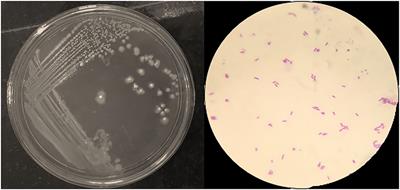
REVIEW
Published on 09 Aug 2021
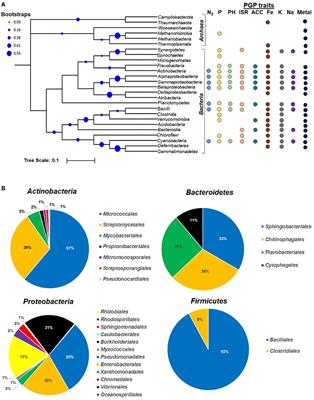
ORIGINAL RESEARCH
Published on 04 Jun 2021
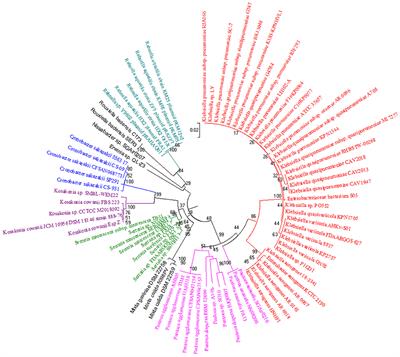
MINI REVIEW
Published on 19 May 2021
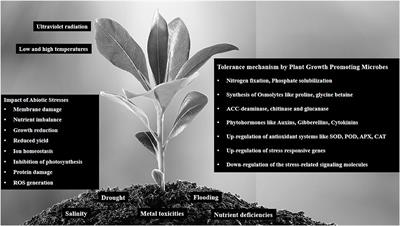
REVIEW
Published on 11 May 2021
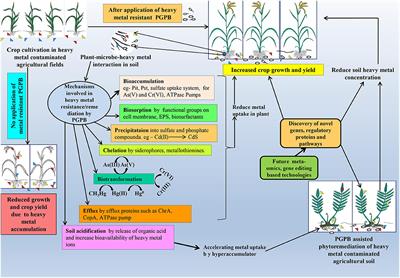

Frontiers in Soil Science